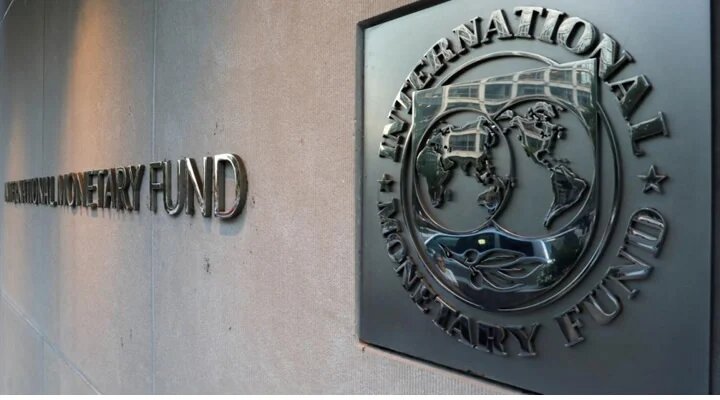The International Monetary Fund (IMF) has advised policymakers in Nigeria and other countries in sub-Saharan Africa to respond to rising inflation by tightening gradually while monitoring second-round effects.
However, the pace of tightening will depend on country-specific factors, including domestic demand pressures, monetary policy credibility, exchange rate regime, and currency movements, the IMF said in a new report.
Inflation in sub-Saharan Africa has risen significantly in the past two years. Domestic demand has played a more limited role given the region’s slow recovery. Instead, inflation is mainly driven by external factors, including global commodity prices and disruptions to global supply chains.
“Tackling inflation while supporting growth and protecting the vulnerable therefore warrants careful and vigilant monetary policy tightening,” the Washington-based fund said in its regional report for sub-Saharan Africa.
Nigeria’s Monetary Policy Committee (MPC) will hold its last meeting of the year next month to decide on its benchmark interest rate. It has increased the rate three times this year to 15.5 percent from 11.5 percent as of May.
“I expect this to be a major consideration during the next MPC meeting, given the recent steep hikes in rates,” said Taiwo Oyedele, head of tax and corporate advisory services at PwC.
He said the fiscal authorities should shelve any plans to raise tax rates including excise duties as this would not only aggravate the already high inflation but also lead to an economic slowdown and second-round effects.
Oyedele noted that the monetary authorities around the world have embarked on tightening, especially by raising interest rates mostly in response to rising inflation and to stem the rapid fall in their currencies against the US dollar.
However, raising rates too high and too quickly increases the risk of economic slowdown or even a recession, he said.
Nigeria’s inflation rate accelerated to 20.77 percent in September 2022 from 20.52 percent in August, according to the National Bureau of Statistics.

Godwin Emefiele, governor of the Central Bank of Nigeria (CBN), said recently that the price development was expected to maintain the current upward trend in light of the build-up of increased spending and demand for money ahead of the 2023 general election.
The IMF noted that food and tradable goods are major contributors to headline inflation, with a high share in consumption baskets.
The sub-Saharan Africa consumption basket, which indicates the drivers of headline inflation in 2019-2022 periods, shows that food accounts for 36 percent contributor to headline inflation, other tradables account for 29 percent, energy 14 percent and non-tradables, 21 percent.
“Inflation in sub-Saharan Africa has been rising, with floaters experiencing double the rates compared with pegged exchange rates,” it said.
IMF said the output in sub-Saharan Africa is still significantly below its pre-pandemic trend. “Central banks are thus facing a difficult trade-off between supporting the recovery and containing inflation. Empirical analysis using the Ball (1994) methodology suggests that, in the past, the sacrifice ratio for sub-Saharan African countries has been lower than for advanced economies.”
According to the IMF, some countries may need to tighten faster or more decisively, including countries where domestic demand pressures are acute or inflation is very high (Ethiopia, Ghana, Malawi, Nigeria, Zimbabwe), because of a history of domestic imbalances or emerging second-round inflationary pressures; countries with less credible monetary policy frameworks, where inflation expectations are less well anchored; and countries experiencing large capital outflows and rapid currency depreciation that fuel inflation by increasing import prices and de-anchoring expectations.
It said: “Central banks in many countries should raise policy rates cautiously given that the recovery is still fragile and domestic demand pressures have not been as important a driver of inflation for most countries.
“Looking ahead, demand is expected to remain soft, including as a result of fiscal consolidation. Nonetheless, countries should keep a close eye on inflation developments—to detect the emergence of second-round effects—and the level of foreign exchange reserves.”




